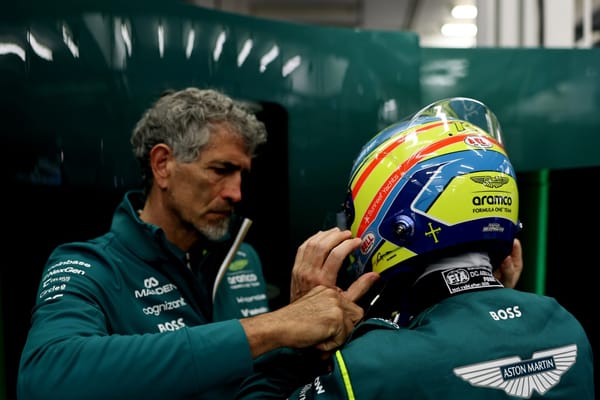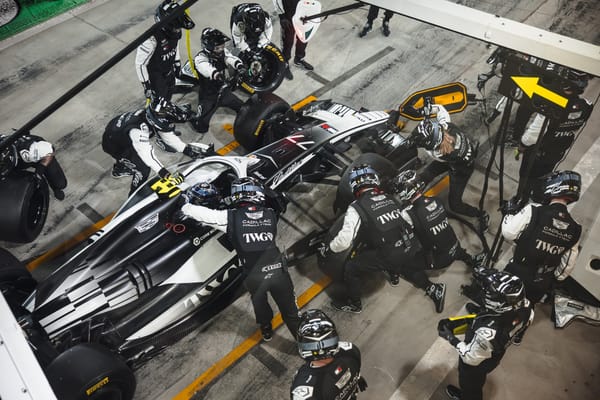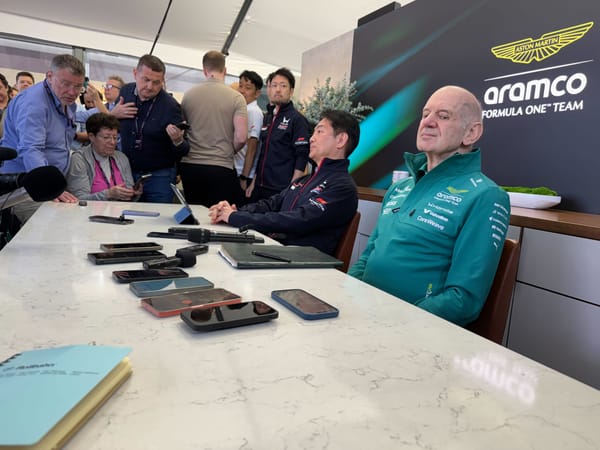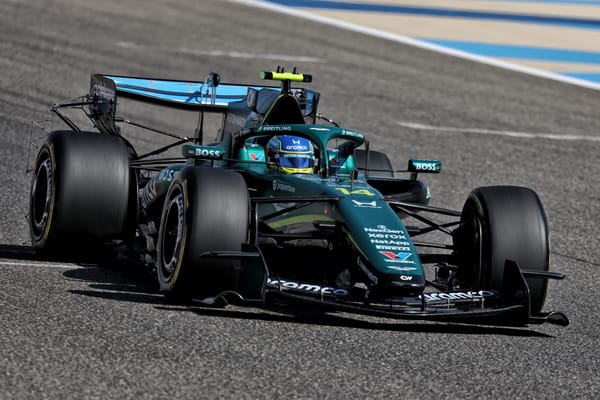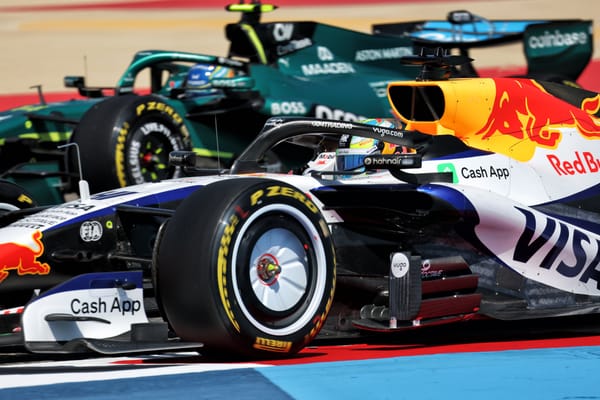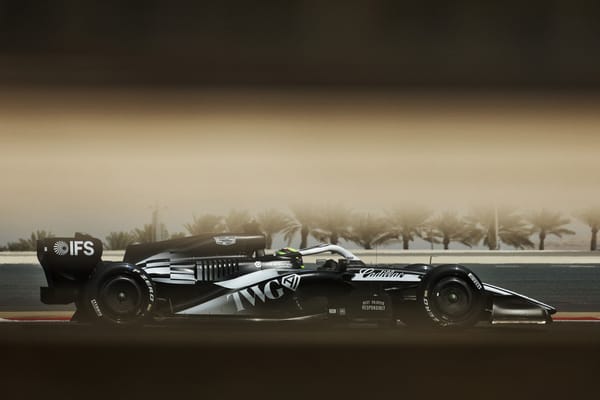V8s, spec gearboxes, standard fuel: Ben Sulayem's F1 vision
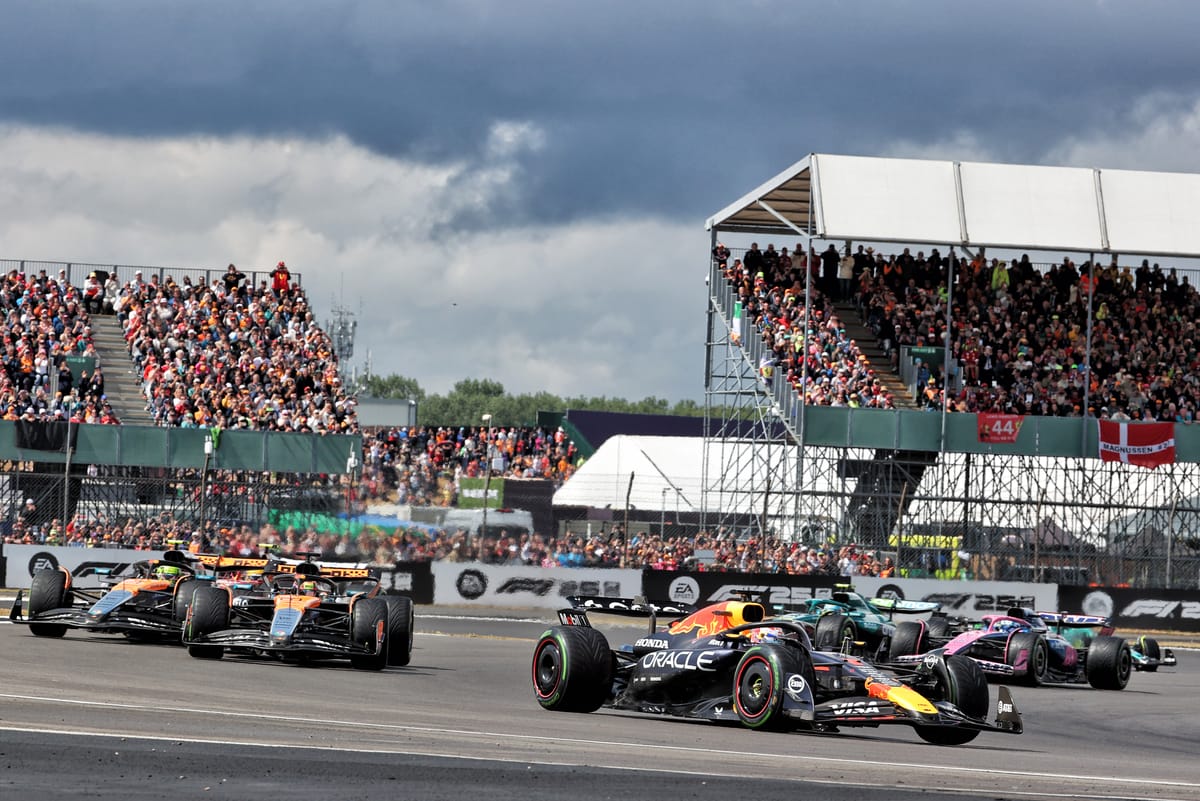
Formula 1 cannot continue with the current turbo hybrid engines for the long-term, says FIA president Mohammed Ben Sulayem, as he pushes on with his idea for a radical rules shake-up.
Although F1 has not even begun its next cycle of regulations, with the new generation power units with more electrical power coming for 2026, Ben Sulayem thinks the arguments in favour of a complete change of direction are now overwhelming.
He thinks F1 needs to embrace a new era that is much cheaper for entrants, and also will help bring down the weight of cars dramatically.
An idea discussed earlier this year to consider a return to V10 engines has been parked after manufacturers said in a summit in Bahrain that they were not interested in such a move.
However, Ben Sulayem thinks that they will be much more amenable to his idea of switching to V8 engines in 2029 or 2030 – on top of a dramatic increase in standard components that will drive down expenditure.
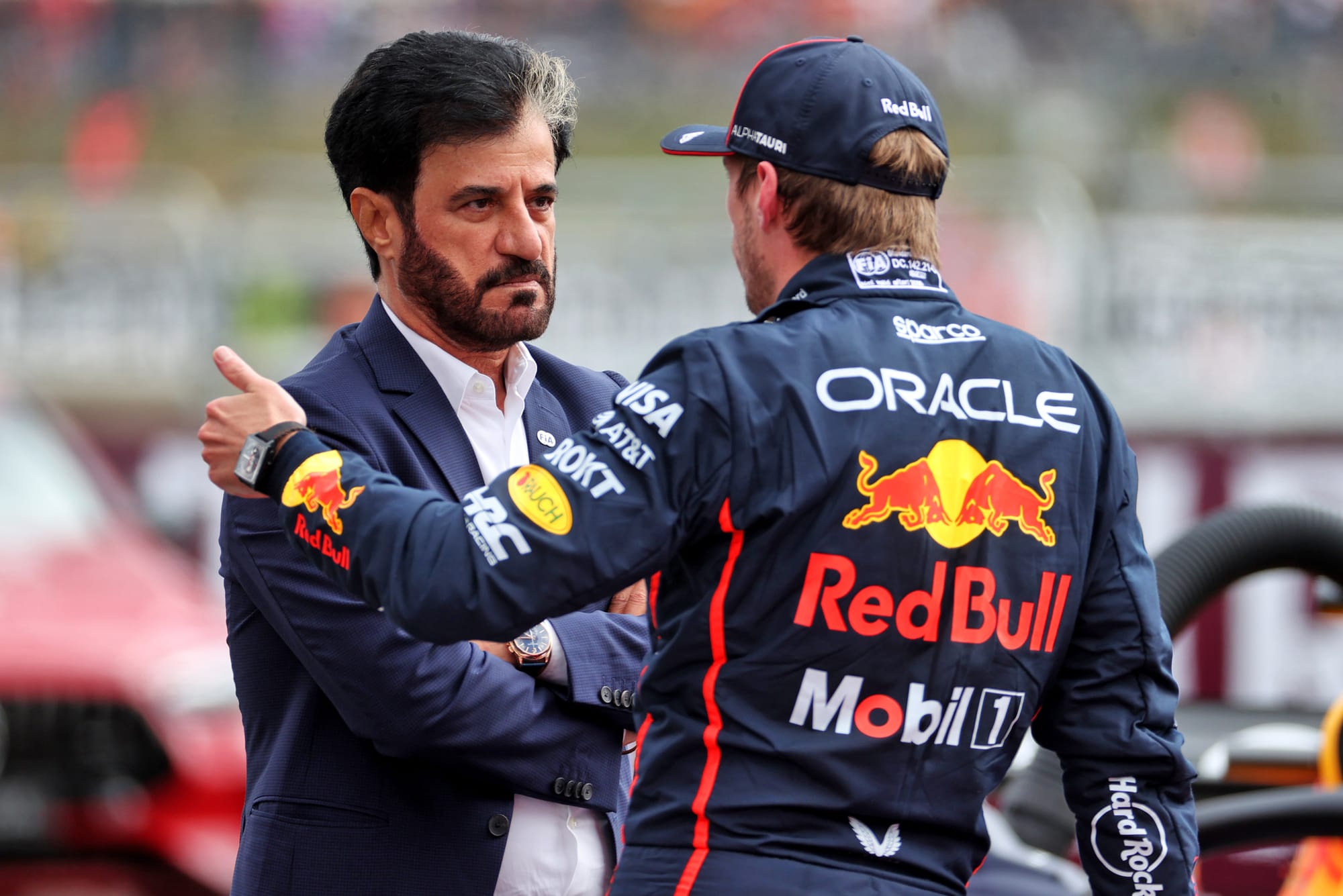
Speaking exclusively to The Race about his vision for F1’s future, Ben Sulayem said: “Now they can see, the teams and the PUMs [power unit manufacturers], that we cannot go on with this [current] engine.
“It is such a complicated engine with the MGU-H. It did its time, but did it reach expectations? In another three years, I hope it’s an old engine, as it will be 15 years [since it was introduced].
“And OK, we removed the MGU-H [for 2026], we put a hybrid on it, and then we changed the compression ratio, fuel and boost pressure, but we need a fresh engine that is much lighter.
“This is the way to go. A single supplier for the gearbox. A single supplier for the fuel is one of the main things. And a single supplier for the electric hybrid.
“That only will work with [support from] FOM and the teams. So we throw it [at them] and see if they will accept it. They have to accept, because it's common sense.”
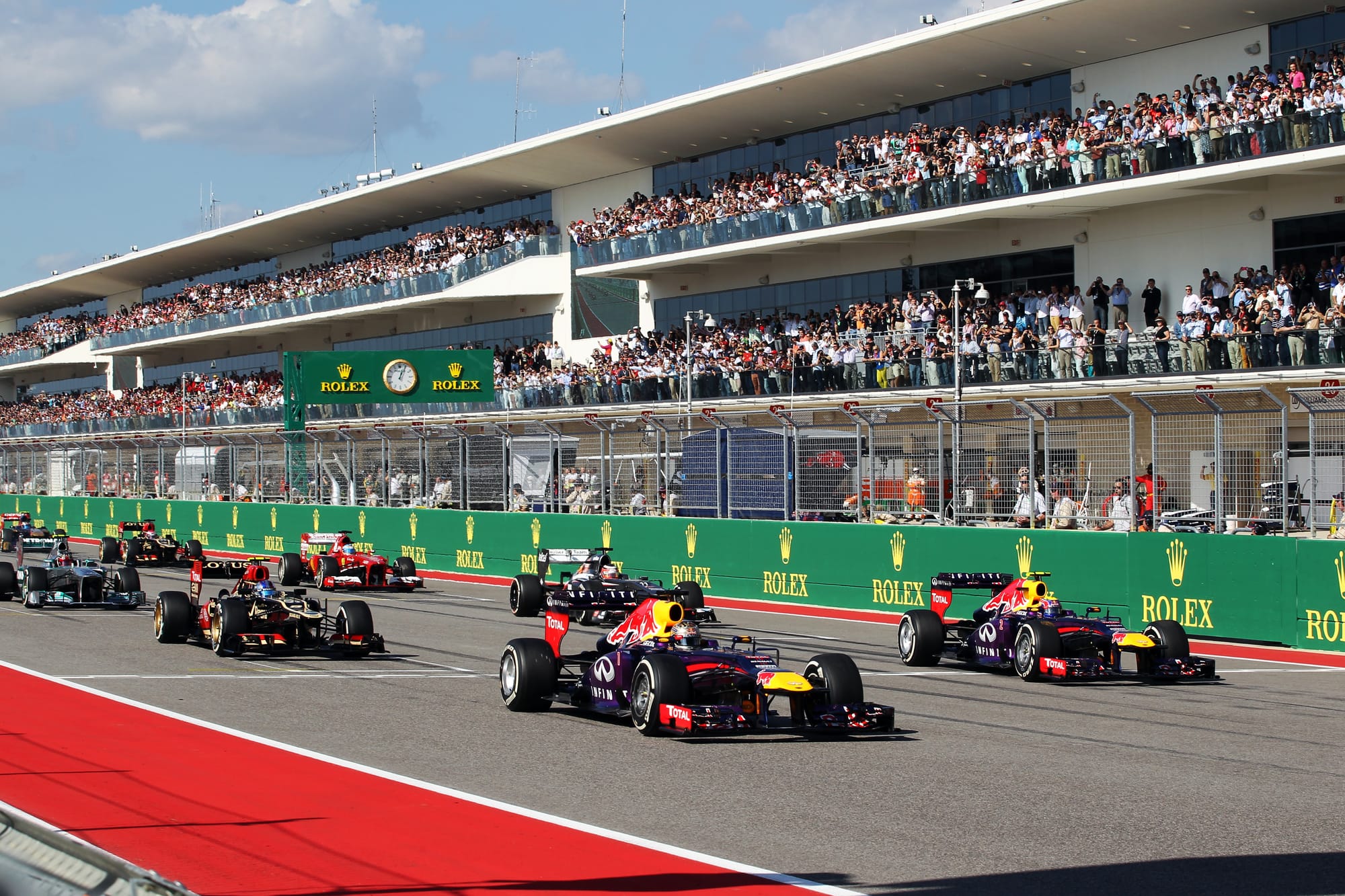
While it is understood current manufacturers are potentially open to the idea of a V8 concept - last used in F1 in 2013 prior to the current hybrid regulations starting - talk of more standard elements surrounding the power units is likely to be more contentious.
For example, while a move to standard fuel would be a way to keep a lid on costs – amid fears that teams could be forced to pay up to $300 per litre from next year for fully sustainable products – abandoning individual suppliers is unlikely to sit easy with teams.
A number of the squads have major sponsorship deals with fuel and oil companies - such as Mercedes (Petronas) and Ferrari (Shell) - and they would be reluctant to have to end such technology partnerships.
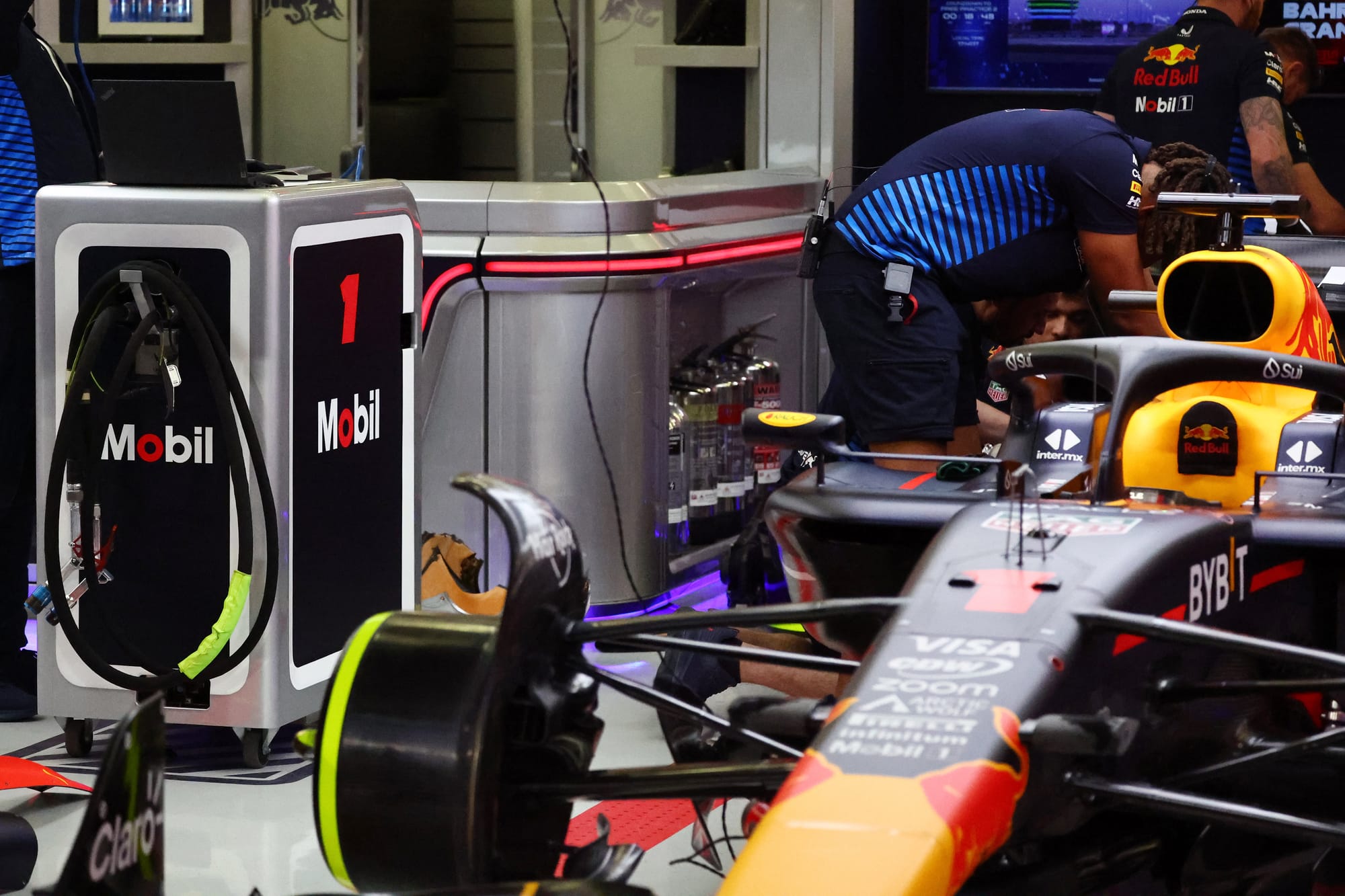
The Race revealed earlier this year that FIA calculations estimated that an increase of standard parts, or mandated cheaper materials such as aluminium pistons, could reduce costs by up to 65%.
The outline idea is also for the power split between the internal combustion engines and battery, which will be around 50/50 next year, be shifted to 90/10 longer term.
That will open the door for a simpler kinetic energy recovery system and much smaller batteries.
Overall, the FIA believes the potential is there for such future V8 power units to be around 80kg lighter than what is coming for 2026.
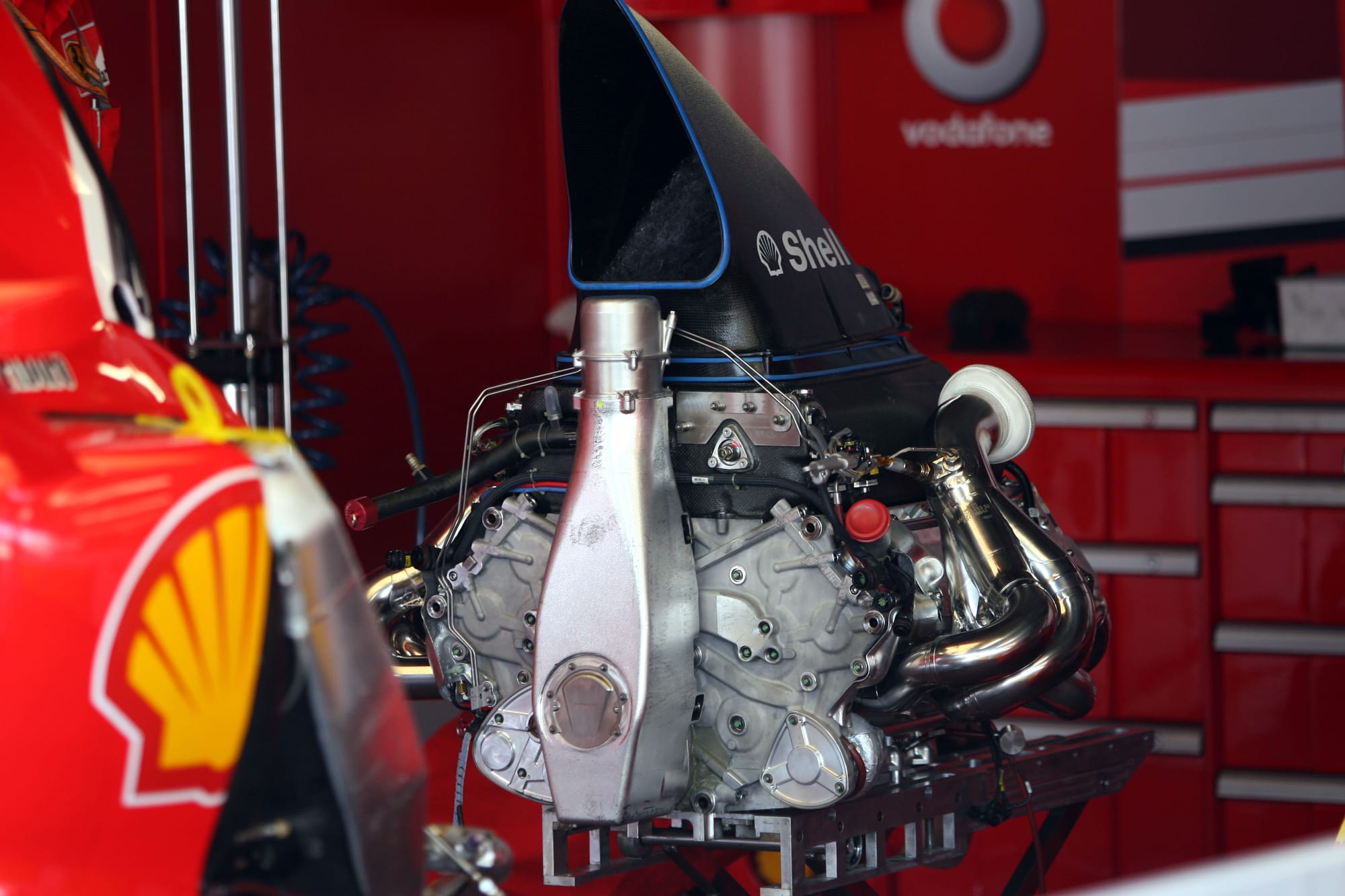
Ben Sulayem thinks that manufacturers will ultimately be won over by the way that plans could reduce costs by a big margin while also retaining road relevance.
“We talked about a V10, but which manufacturers have a V10? But when you say V8, you have Ferrari, you have Mercedes, you have Audi, you have the Americans like GM.
“So then what is our mission? It is to drop costs. The current engines cost $1.8 to $2.1million. So imagine engines that cost one quarter of this and are one quarter less complicated.”
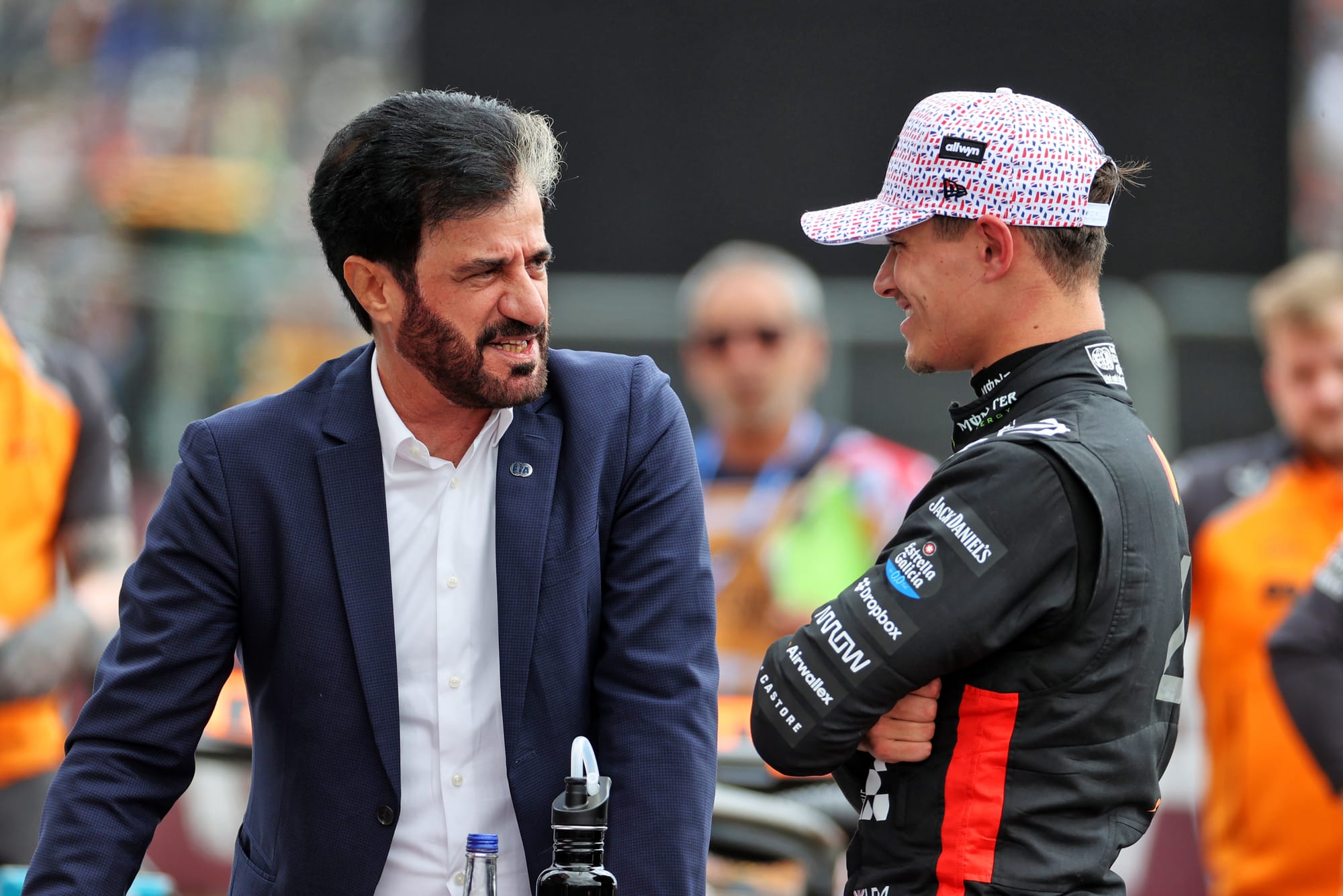
Ben Sulayem is aware that, under the current power unit governance agreement, any major alteration to the rules before 2030 would require support from a majority of car makers.
But he says there is nothing he can do if they do not want to make changes that help themselves - as he says the FIA can wait until after the current rules cycles ends to impose its own rules.
“It is being discussed by the PUMs,” he said. “At the end of the day, we offer some ideas and they offer ideas.
“But if, let's assume, it didn't go [and get support], at least I tried. The FIA will never lose.
“It's more costly for them with the current engine, but at the end of the day, in a few years, it will come back to the FIA anyway. It's not about the challenge. It's about doing the right thing.”

